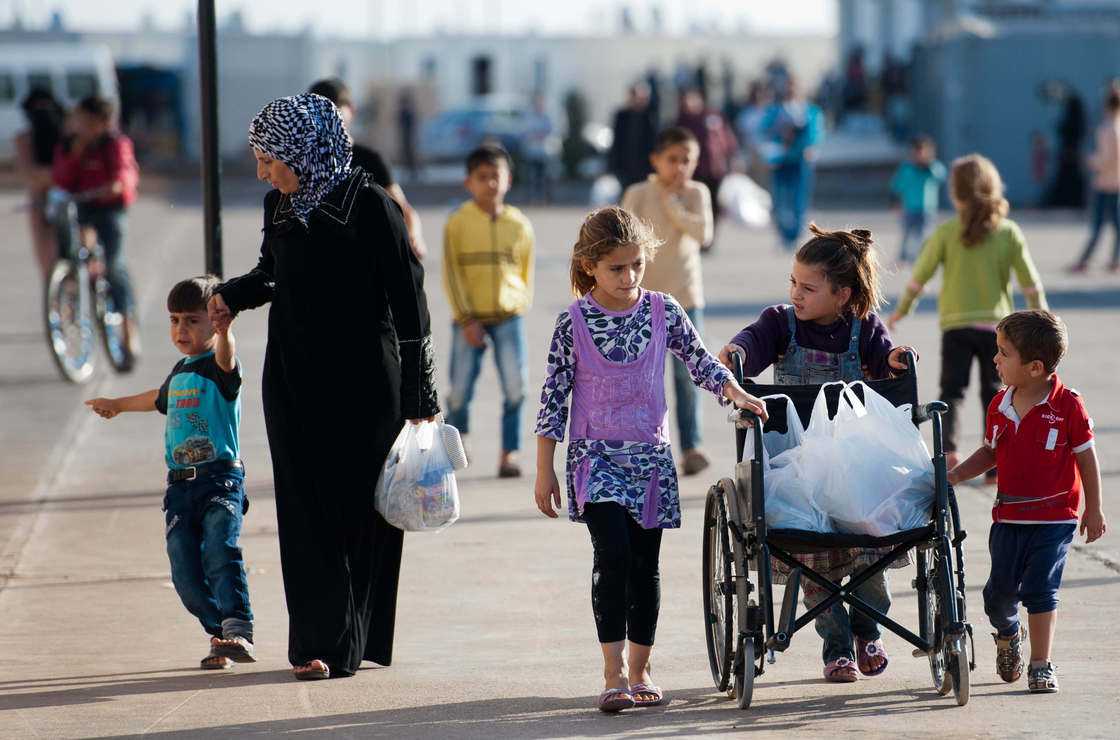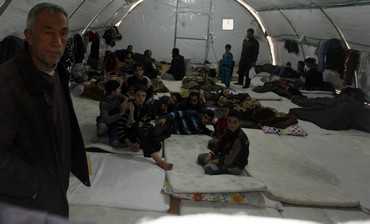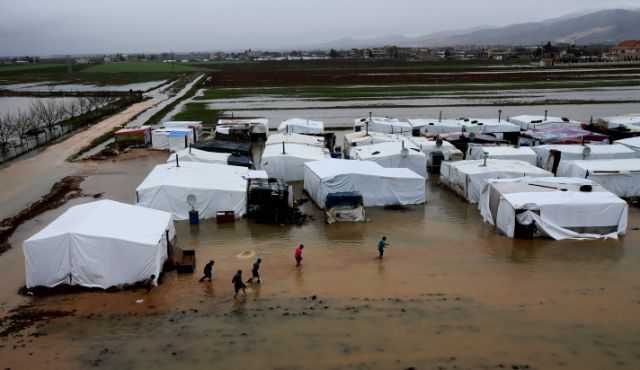By Jonathon Burch
ANKARA | Wed Apr 10, 2013 10:21am EDT
(Reuters) – Turkey is building two camps along its far southeastern border with Syria to house a growing number of refugees from Syrian minority groups, mainly Assyrian Christians as well as ethnic Kurds, a government official said on Wednesday.
More 250,000 Syrians fleeing civil war in their homeland have registered in Turkey, most of whom stay in 17 camps along the 900-km (560-mile) border, although Turkish leaders say the total number of refugees is closer to 400,000.
Those who have fled are predominantly ethnic Arabs from Syria’s Sunni Muslim majority, most of whom largely support the rebels fighting to overthrow President Bashar al-Assad, who himself belongs to the Alawite minority of Shi’ite Islam.
Apart from housing refugees, Turkey, which also has a Sunni majority, has thrown its weight behind the rebels, giving them sanctuary, although it denies arming them. This has drawn accusations of sectarianism leveled at the government from Assad as well as Turkish minority groups and opposition parties.
Ankara strongly denies a sectarian or ethnic agenda.
The two tented camps, to be completed in less than a month, are being built in Midyat, a town in southeastern Mardin province some 50 km from the Syrian border, the official from Turkey’s foreign ministry said.
One camp with a capacity of 2,500 people will house mainly Assyrian Christians as well as refugees from other Christian denominations. It will be constructed on empty land next to an Assyrian church, which has been donated by its Assyrian owner.
Turkey has its own small Assyrian minority, most of whom live in Mardin and in Istanbul, Turkey’s largest city. It was on their request that the camp is being built, the official said.
Prime Minister Tayyip Erdogan recently met Assyrian leaders in Turkey.
The other camp will have a capacity of 3,000 and would house any Syrian Kurds fleeing violence though Arabs could also stay, the official said. Mardin, home to many Turkish Kurds, borders an area of Syria with a large concentration of Syrian Kurds.
Syria’s 22 million population is roughly three-quarters Sunni Muslim, which includes Arabs and Kurds, and around 15 percent other Muslim groups, including mostly Alawites but also some Shi’ites and Druze. Some 10 percent are Christian, while Syria is also home to a tiny Jewish community.
Ethnic Kurds make up around 10 percent of the population.
(Editing by Nick Tattersall/Mark Heinrich)
via Turkey building refugee camps for Syrian Christians, Kurds | Reuters.






